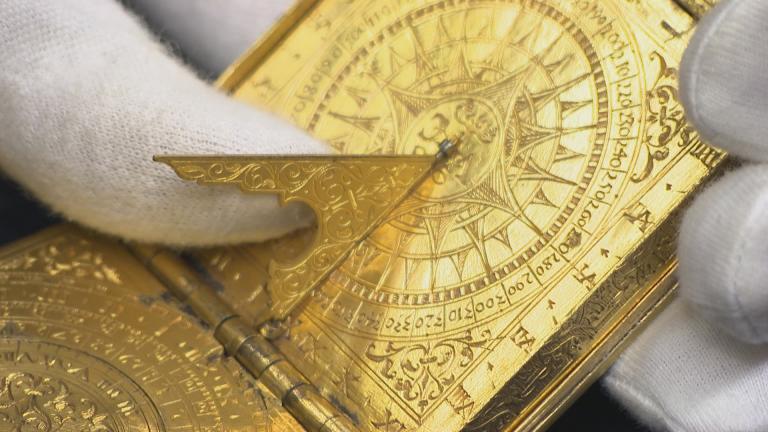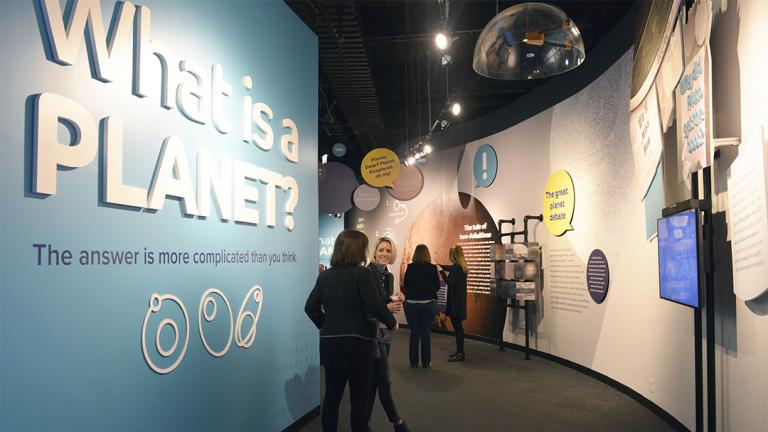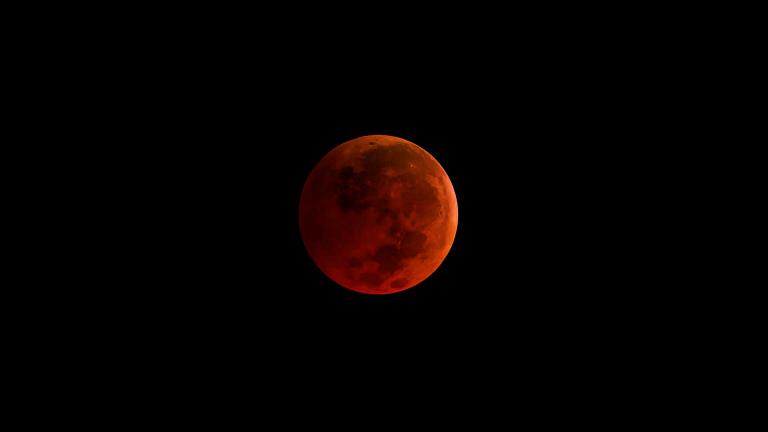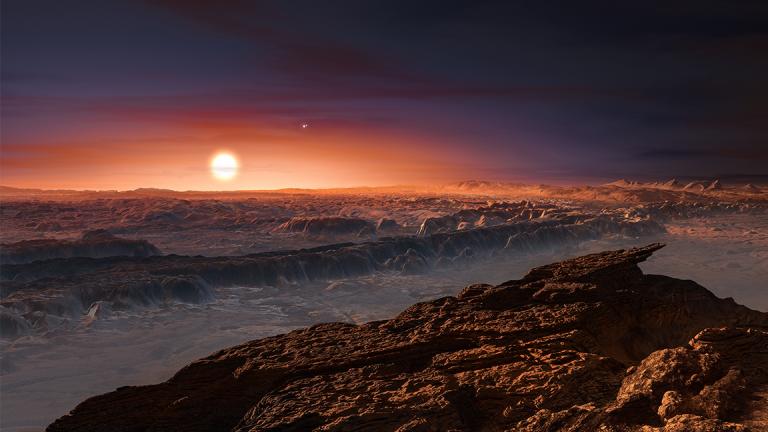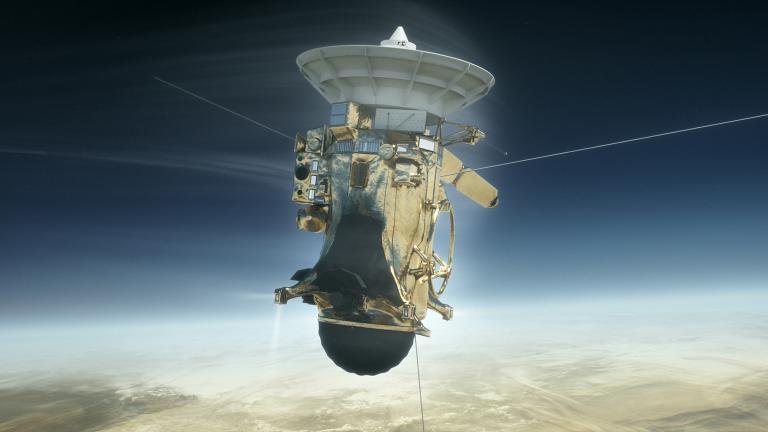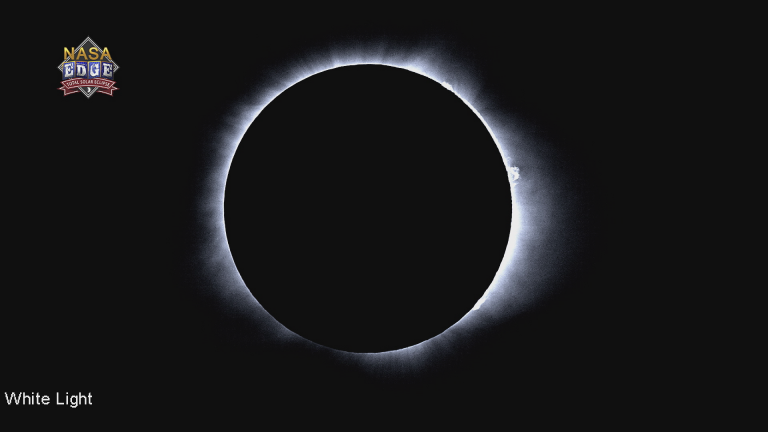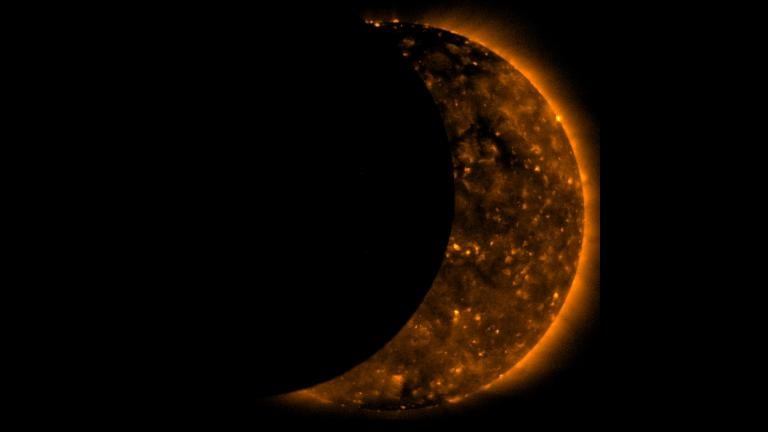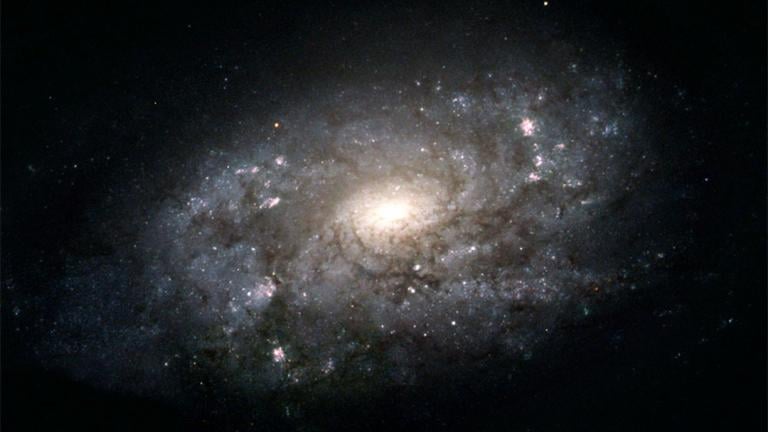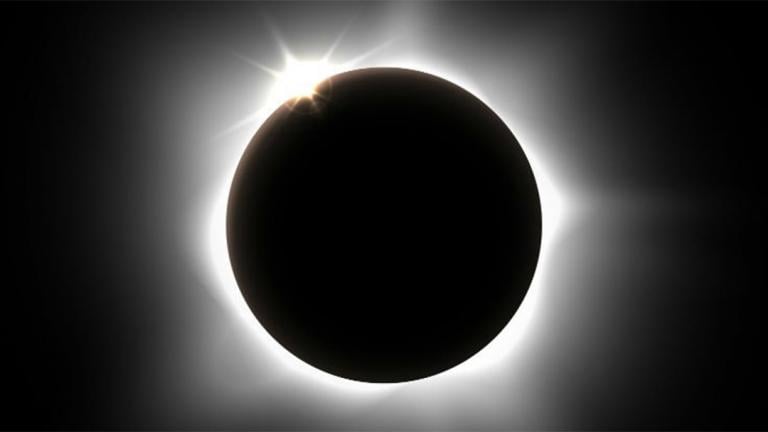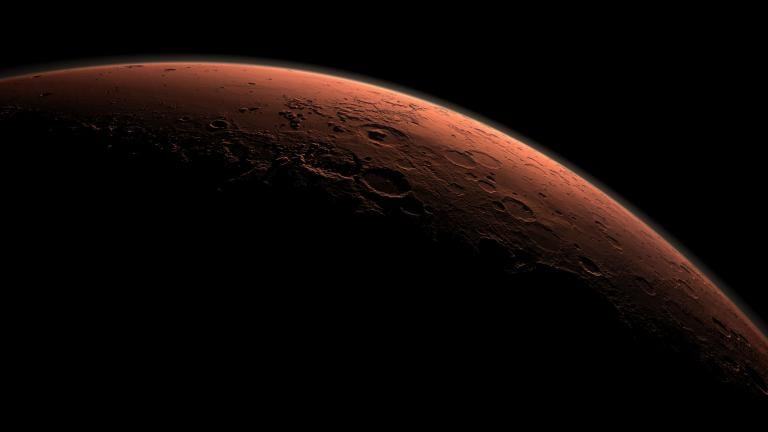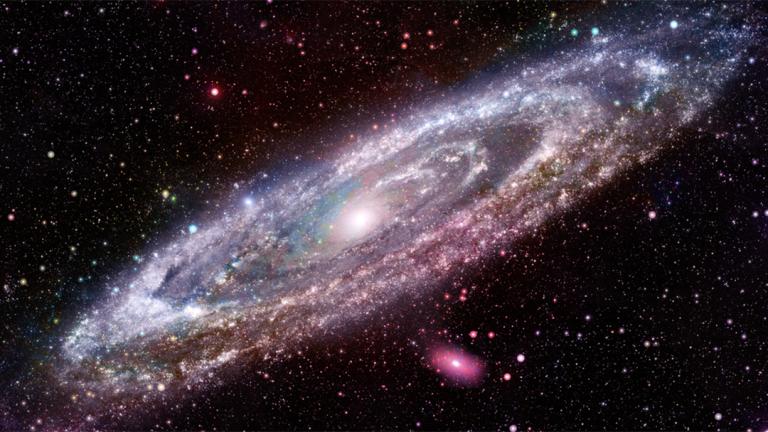A conversation with NASA research scientist Rosaly Lopes, who will be recognized this week at an event celebrating women in space science.
Adler Planetarium
From Chicago’s first major telescope, to the most sophisticated scientific instrument of the 12th century, a look at some seen and unseen treasures at the Adler Planetarium.
Starting Friday, planetarium visitors will have another chance to explore the ever-evolving way humans view the universe.
If the skies over Chicago cooperate over the next 12 hours, the moon will offer a very rare triple feature.
Wednesday’s “super blue blood moon” marks the convergence of three lunar events, but it will hardly be visible to viewers in Chicago.
Viewers on four continents will watch a virtual presentation hosted by Adler Planetarium in early November to learn about the possibility of life on other planets.
The Cassini mission has completely transformed our understanding of Saturn and identified two moons that could potentially harbor life. On Friday morning, the journey will come to a fiery end.
The last time a total solar eclipse spanned the continental United States from coast to coast was 99 years ago. Thousands joined in the Adler Planetarium’s celestial celebration to mark the occasion.
Adler Planetarium astrophysicist Lucianne Walkowicz joins us from the eclipse epicenter in Carbondale.
Videos of the eclipse from Chicago’s Adler Planetarium and multiple spots across the U.S. from NASA, plus safety tips, Chicago watch parties and more.
Join us online for live coverage from Chicago’s Adler Planetarium starting at 11:40 a.m. Heading outside? Here are 12 places in and around Chicago where you can celebrate the eclipse.
A team led by Adler Planetarium astronomer Grace Wolf-Chase used a telescope instrument to discover infrared light undetectable to the human eye, revealing new stars in the Milky Way.
Are you ready to party like it’s 1925? That’s the last year Chicago experienced a solar eclipse like it will next month. To celebrate, the Adler Planetarium is hosting a daylong block party, and you’re invited.
Adler Planetarium astronomer Lucianne Walkowicz will spend the next year figuring out how humans can get along while exploring one of the more curious planets in our solar system: Mars.
Citizen scientists can help researchers discover new distant galaxies as part of the Adler-led Zooniverse project.
Northbrook native Beth Moses, chief astronaut instructor for the world's first commercial spaceline, returns to Chicago to receive Adler Planetarium's Women in Space Science Award.


